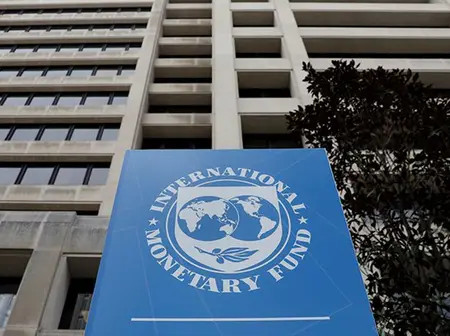The International Monetary Fund (IMF) has warned that nations with opaque borrowing practices risk falling into debt crises, citing evidence that a lack of disclosure raises costs and scares off investors.
The caution comes as Kenya’s public debt climbed to Sh12.1 trillion by June 30, 2025, sparking debate over how much of the country’s borrowing is actually known to Parliament or the public.
At a recent meeting focused on legal reform and transparency, the IMF disclosed that about 85 per cent of debt in many developing countries remains concealed from policymakers.
The institution observed that in fewer than half of the countries it assessed, debt managers are legally required to provide full reports, leaving legislators uncertain about the true scale of their governments’ obligations.
Yan Liu, who heads the IMF’s Legal Department, noted that narrow definitions of debt are to blame in several jurisdictions.
“As a result, some forms of debt fall outside the sovereign’s awareness. This debt accumulates off the balance sheet, without oversight,” Liu stated.
The IMF has expressed concern that governments are not only borrowing more but are also turning to increasingly complicated financial products.
“New debt instruments such as guaranteed, securitized, and collateralized debt contracts linked to public-private partnerships, state-owned enterprises, or SOEs, and pension funds have appeared on the scene.”
As pressure mounts both locally and internationally, Kenya faces a critical question: can greater openness in debt management restore public trust and protect the economy from hidden risks?

Leave a Reply